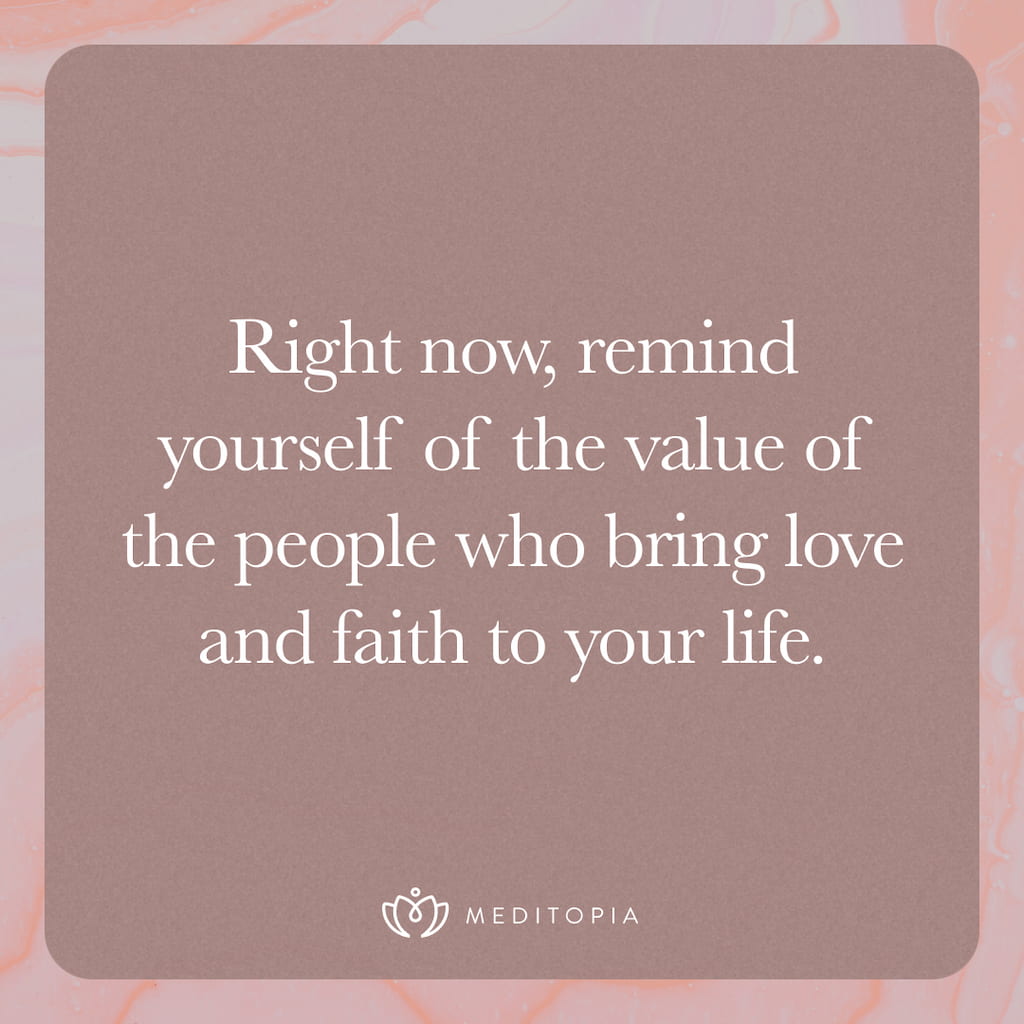Finding Deeper Connection in Your Relationship

Content
The definition of “love” varies depending on the individual, yet it is a word upon which we can all find common ground. Humans are not beings that exist alone, rather, we find meaning with others and through others. Love can encompass trust, approval, acceptance, unity, intimacy, and compassion. A relationship can sometimes be like an intricate dance. When someone makes a move, the other responds to their rhythm accordingly.
Sometimes we may encounter obstacles in communication, even when we’re trying our best, nevertheless, a blockage may arise. It can become difficult to keep up the joyful rhythm of the dance. Perhaps someone begins to feel lonely, misunderstood, or unloved and may react to an issue instead of respond. When we react automatically without trying to understand the other person’s needs, that can exacerbate feelings of being unseen and unheard. Try to notice your automatic reactions. What is your partner or partners doing that triggers your automatic reaction? What are you doing when your partner or partners react automatically? Ask yourself: what do I need? How can I best express myself in order to have this need met?
Friendship as Foundation
Everyone needs to feel understood, particularly if you’re feeling sad, disappointed, or lonely. If you’re choosing to be in partnership with others, how can you deepen that connection to meet your own needs and be able to identify and understand those of your partner or partners? According to research, one of the most important factors that can make a relationship stronger is friendship. People with strong friendships are often happier in their romantic relationships. Are you friends with your partner?

If you consider your partner or partners your friend, what does that look like? Do you enjoy quality time together? Trying new activities? Playing games? Can you tap into your inner child and be joyful and silly with one another? As you begin to discover what joy means to you and how you create space for it together, think about ways you can invest time in those activities and experiences. How can you center commonly shared joys in your relationship?
Building Your “Us”
Creating space for mutual understanding and meaningful experiences can increase the satisfaction you get out of your romantic relationships. While we may be separate individuals, we have still chosen one another and identifying our shared traditions and values can help us more meaningfully connect. Maybe it’s morning rituals like drinking coffee together, or watching movies every Friday night, or a special dinner once a month. What have you been doing together to create your feeling of “us”? If it feels like you don’t have an immediate answer or that perhaps you haven’t been creating that time or space, what’s something you can try together to build a new concept of understanding to deepen your romantic connection?
Communication: Breaking Down Invisible Barriers
Let’s talk about the four horsemen of the apocalypse, each of whom has a devastating effect on relationships: criticism, shame, defensiveness, and stonewalling.

Expressing Your Feelings & Needs
Whenever there’s something your partner is doing that upsets your or makes you uncomfortable, can you communicate your feelings and needs without criticizing them? Trying to express yourself can bring you closer together, even when conflict arises. Using “I” statements can be very helpful when navigating more difficult moments. For example, saying things like, “I feel worthless when you talk to me without looking me in the eye,” instead of, “You are so disrespectful when you talk without looking me in the eye.” Using “I” statements allows you to more clearly identify your own feelings and needs and opens up communication for your partner or partners to do the same.
Being mindful of our words and gestures when we’re talking with our partner or partners can help to prevent feelings of humiliation or shame. Shaming one another should not be a practice in healthy, communicative relationships. How can you express your own needs without bringing others down? Can you appreciate the positive traits of your partner or partners while also communicating what you need?

A romantic relationship shouldn’t be a competition. There’s no “reward” for winning an argument or proving yourself to be “right”. The hope is that all parties involved feel safe, seen, and heard in the relationship. Sometimes, when our partners are communicating their needs, we may feel defensive, or an impulse to prove we weren’t in the wrong. Instead of reacting defensively, can you pause for a moment and consider the information communicated by your partner or partners? Can you approach the issue from a place of inquiry, of seeking to understand? Taking responsibility for the harm we may have caused may feel uncomfortable at times, but all discomfort leads to growth and can sometimes strengthen the connection between you and your partner or partners.
If you find yourself wrestling with the impulse to respond defensively, try to take some time and space for yourself. Maybe you ask your partner or partners if you can revisit the issue in a few hours or the next day when you’ve had some time to process your own feelings and needs. This can be a helpful way to navigate conflict in the moment instead of stonewalling your partner or partners by refusing to address the issue or broach the subject. When you’re able to express yourself calmly, you’re more likely to understand one another. Other strategies you can practice in order to relax are mediation and breathing techniques.

Let’s talk about mind reading! Mind reading is a guessing game in which you make assumptions about what’s going on in your partner or partner’s mind and accept those assumptions as fact. Sometimes, those assumptions might look like, “They seem sad. I must be boring,” or, “They’re upset because I can’t make them happy,” and so on. If thoughts, feelings, and emotions aren’t directly communicated, then people in the relationships can become increasingly distant from one another. Understanding your partners’ needs and being able to express your own is crucial to forming healthy connections. Ask your partner or partners about their needs today and try to take note of your assumptions beforehand, comparing the response afterward to determine how your assumptions played out. Is the reality different from the one you’d imagined in your head?
Think about your models for relationships throughout your life. Did you observe any of the above mentioned communication barriers? Maybe you saw your caregivers shouting at each other, shutting each other out, or making assumptions about one another? What verbal and non-verbal behaviors can you identify? Do you have people watching you or seeing you as a model? Think about how your relationship is acting as an example for those around you or those in your care. Can you strive to understand your partner or partners without criticizing, shaming, becoming defensive, or stonewalling, and instead express your feelings and needs?

